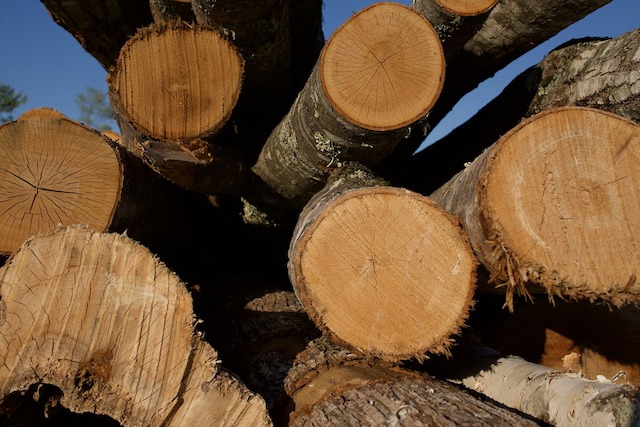Deforestation interventions in Latin America and Asia may be more effective when women are heavily involved in overseeing them, a study suggests.
Farming, logging, mining, and urbanisation all account for rapid deforestation. Organisations and governments are now offering ‘payment for ecosystem services’ (PES) — payments to landowners who agree to conserve biodiversity or capture greenhouse gases — as an incentive for local groups to persevere land.
According to the study, published in Nature last month, when PES are offered with the stipulation that local villages’ governing bodies had to be comprised of 50 per cent or more women, the groups with gender quotas harvested 51 per cent fewer trees than the groups without quotas.
The gender quota groups also distributed the PES benefits more equally among the community.
Women tend to favour policies that promote equality
Forests play an instrumental part in offsetting the damage of climate change by trapping greenhouse gases admitted into the atmosphere and absorbing carbon dioxide.
Although forests still cover 30 per cent of the world’s land mass, they are quickly disappearing. According to the World Bank, between 1990 and 2016 the world lost 1.3 million square kilometres of forest, an area about the size of South Africa.
As preserving forests has become a popular mechanism for reversing greenhouse gas emissions, offering PES to large communal groups in developing countries is seen as a low-cost model.
When local institutions receive PES payments, they often fail to share them equally to all community members. But in order for PES to be successful, there has to be collective action from all community members to take part in conserving forests.
The researchers stated that “users may face strong temptations to free-ride on the conservation efforts of others”, if there isn’t an equal distribution of payments.
Women are also more likely to favour policies that promote gender equality, according to researchers.
But in village groups, where resources such as the forest are used collectively, decisions on how to allocate resources are largely dominated by men.
There have been some interventions by international organisations to set quotas for PES, but currently, none require an equal distribution of both men and women in governing bodies.
Creating climate policies with gender in mind
In order to evaluate if progressive gender quotas would make a bigger difference for forest conservation and the distribution of benefits, researchers from the University of Colorado Boulder and Purdue University conducted a “lab-in-field” experiment.
Some 440 forest users from 31 villages in Indonesia, Peru, and Tanzania took part. Out of 55 Groups, half were randomly assigned a gender quota, requiring 50 per cent of an eight-person group to be women.
The researchers then created a game, broken down into 24 rounds, where participants would be measured based on how they shared resources.
Participants were told that an external organisation would pay the group if they did not cut any trees down from the forest while their behaviour was monitored by organisers.
Each group had to select a leader and the members of the group — reflecting quotas if they were selected to meet the gender criteria.
Gender quota groups conserved 42 more trees than the corresponding group without quotas in the same village.
The gender quota groups also shared the benefit money more equally, with the majority sharing it exactly equally.
Despite the promising results, researchers stated that even if gender quotas are proven to produce more equality, this tends to get overlooked by policy-makers as a viable policy solution to combat climate change.
Gender quotas are not only an effective tool for women to gain representation but can also deliver real results that help mitigate the disastrous effects of deforestation, concluded the researchers.
“A progressive gender quota may be an institution that helps local user groups to resolve the problems of freeriding and skewed distribution of programme benefits that plague many forest conservation programmes,” the study stated.
This piece originally appeared on Apolitical, the global network for public servants. You can find the original here.
(Image: Pixabay)

